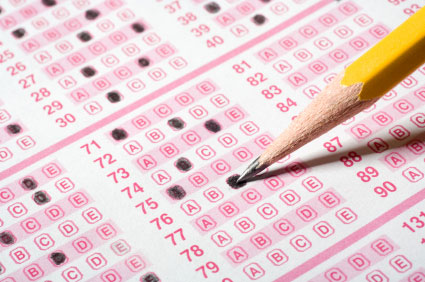

The ACT website has great resources to prepare, which can be found here. Overall, a student should plan to devote a few hours to preparation. It requires reading through the grading rubric and sample essays, and writing a few practice essays. Preparing to take the writing portion is relatively easy.

#TAKE THE ACT REGISTRATION#
There is an extra registration fee to take the writing portion of the ACT. The paper-and-pencil test presents one writing prompt that describes a complex issue and gives three different perspectives on that issue. The writing section is a 40-minute essay where students will showcase their abilities to form and support an argument. So what does taking the writing portion of the ACT mean? Format
#TAKE THE ACT FULL#
The writing section cannot be taken separately from the ACT test, so you will need to plan for your student to take it along with the full test. This ensures that all bases are covered, and you won’t be in a bind if your student adds a last-minute school to their college list. If your student isn’t exactly sure where he or she wants to apply, then we recommend signing up for the writing to be on the safe side. The writing portion of the ACT isn’t required by all schools, but around 300 colleges do require or at least recommend that applicants take it. As your cursor hovers over the registration button, you may be wondering if your child needs to opt for the essay section in addition to the full test. "We have and will remain a valid and trustworthy measure for colleges – regardless of their test use policy," she said.In the words of Shakespeare, “To take the writing or to not take the writing? That is the question.” Okay, so maybe that’s not exactly what he said, but it’s still a question that plagues many parents and students as they sign up for the ACT. Eliminating the ACT "is a short-term Band-Aid that shortchanges students in the long run," Roorda said.ĪCT respects any college's decision to go test blind and the nonprofit offers its help to schools developing a different criteria evaluating potential students, ACT's interim chief Janet Godwin told CBS MoneyWatch. High school teachers, particularly ones at wealthy private schools, may inflate their seniors' grades if colleges begin placing greater weight on a student's academic record, former ACT CEO Marten Roorda said earlier this year in a letter to the University of California.

Ignoring test scores is a mistake in college admissions, according to ACT, a nonprofit organization based in Iowa City, Iowa. More than 1.7 million students took the ACT in 2019, a slight dip from 1.9 million in 2018. Almost 2.2 million high school students from the Class of 2020 took the SAT, up from 2.1 million in 2018, College Board data show. Test-blind colleges completely ignore exam scores when assessing a student's application, placing more emphasis on the person's high school GPA, admissions essay and other factors.ĭespite the shift away from entrance exams at some schools, the ACT and SAT remain a staple at most admissions offices. Test-optional colleges, such as Arizona State University, Texas A&M University and Drexel University, will consider ACT and SAT scores when selecting a student - but only if the student chooses to submit them. "Standardized tests provide very little - if any - incremental value beyond the high school record and grade point average."Īdopting a test-blind policy is different from a college going test-optional, which many campuses have done in recent years. "Our research has shown that a student's performance in high school is the most significant predictor of academic success at UNE," Scott Steinberg, who runs the University of New England's admissions office, said in a statement in May when the school announced that it was going test-blind. The second, however, is more fundamental - some education experts say the ACT and SAT are a poor predictor of whether a student will succeed in college.


 0 kommentar(er)
0 kommentar(er)
